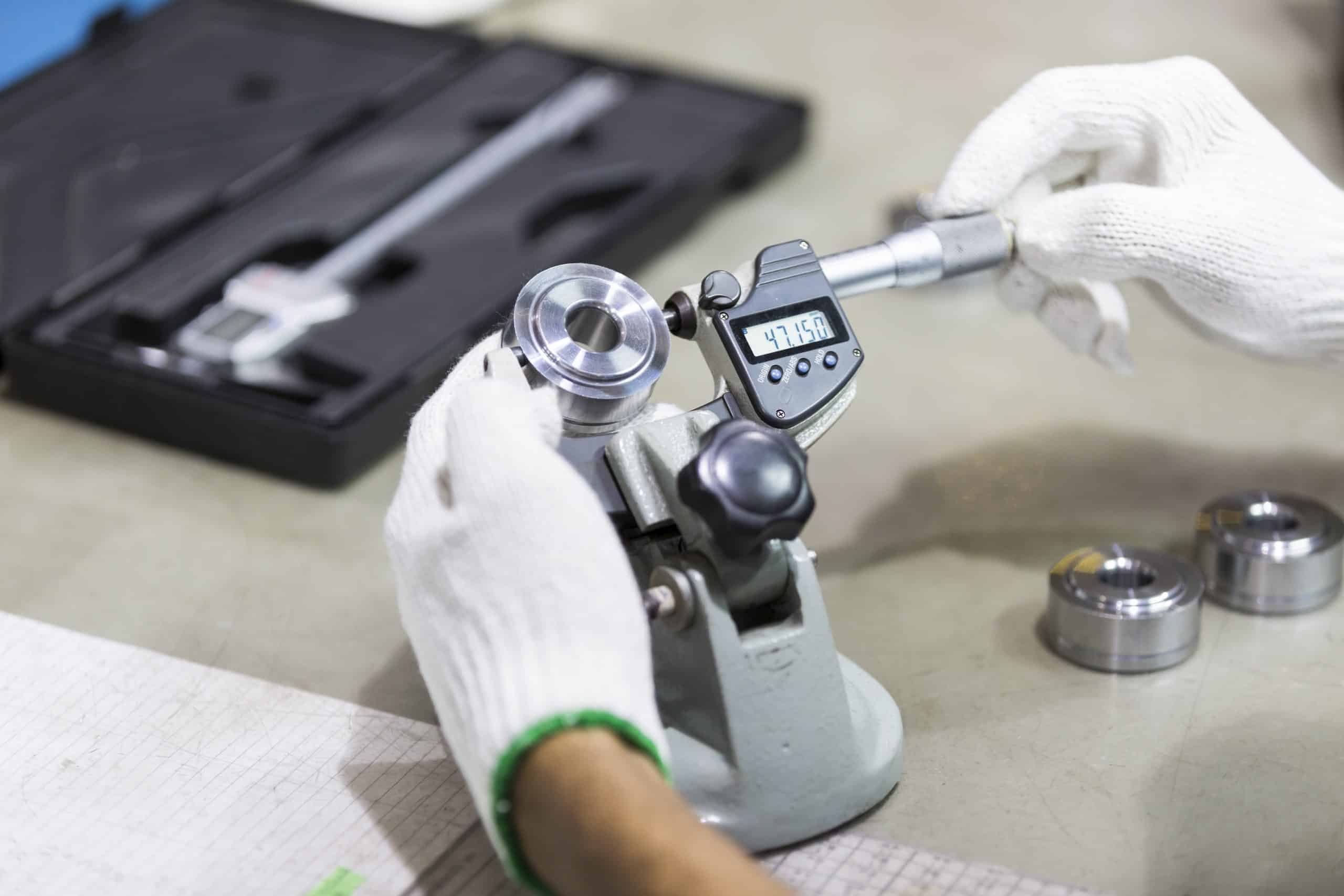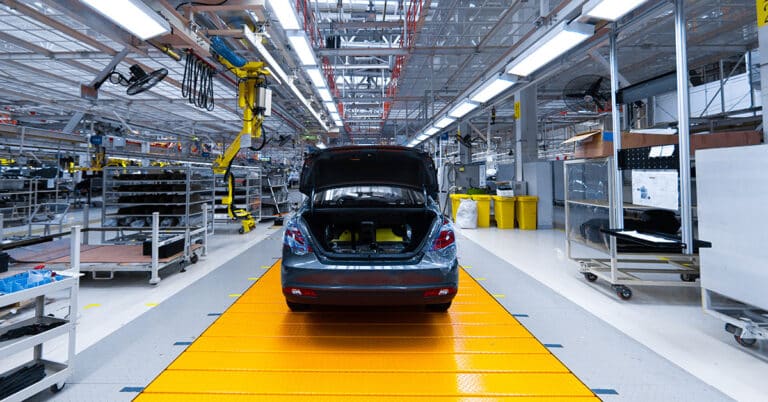What are calibration services? These services are a critical part of industrial and manufacturing maintenance — gauging equipment performance against a standardized measurement and then fine-tuning the machine or device to guarantee that it is operating to spec.
Calibration services are necessary for consistent performance, accuracy and repeatability in operations. They are enlisted across numerous types of machines and devices. Functions and devices that should be calibrated include measurement devices, gauges, indicators, analyzers, controllers, power supplies and more.
Here, you will learn more about how calibration is executed, what types of equipment and instruments are calibrated, and what the benefits of calibration are.
What does machine calibration entail?
In general, the steps of calibration are:
- Equipment performance measurement: In this step, equipment performance is measured against a standard, typically provided by the OEM. For example, when calibrating a micrometer, it could be used to measure a verified 5-millimeter standard. Deviations from the standard are noted and analyzed to dictate the next steps.
- Deviation analysis: If a deviation exists, does it fall within or outside the acceptable range defined by the OEM and by your processes? In addition to normal wear and tear, are there other environmental factors — such as altitude or climate — that may contribute to deviation, and should be factored in during the following step?
- Remedy, repair or replacement: Once the deviation has been identified and analyzed, it is time to address the issue. During routine maintenance and calibration for relatively new equipment, the device or machine can be fine-tuned to bring it back to spec. In addition, during this step, any adjustments might be made that may be better able to keep the component calibrated for a longer period. In other cases, where damage outside of normal wear and tear has caused a deviation, more extensive repairs may be required. In scenarios where the equipment cannot be recalibrated or repaired, it must be discarded and replaced.
Calibration most frequently applies to any type of measurement equipment, across a swath of industries and applications, though it can also be used for functions such as control equipment and power output.
Typical equipment that should be calibrated includes:
- Analog multimeters
- Calipers
- Chart recorders
- Clamp-on ammeters
- Data loggers
- Dial indicators
- Digital multimeters
- Force gauges
- Micrometers
- Oscilloscopes
- Panel meters
- Power analyzers
- Power supplies
- Pressure gauges
- Signal generators
- Spectrum analyzers
- Temperature indicators and controllers
- Torque wrenches
This list is an overview of the types of equipment that require or benefit from calibration. Throughout any industrial or manufacturing facility, there are innumerable other devices and pieces of equipment that should be regularly calibrated, as well.
What are the benefits of calibration services?
Calibration services offer numerous benefits, many of which are critical to the successful and safe operation of an industrial or manufacturing facility. These benefits include:
- Consistent accuracy and repeatability: At its core, calibration is inextricably tied to accuracy. Equipment is calibrated to help ensure that it operates accurately and as intended. Accuracy provides the equipment user with the peace of mind of standard, repeatable processes that deliver high-quality, consistent output as designed, required and intended.
- More efficient production or operation: In manufacturing, calibrated output equipment is better able to produce parts within spec, and calibrated quality assurance equipment means that parts are approved and shipped as intended. Part rejects — or worse, returned orders — lead to additional work, lost production time and wasted material, which negatively impacts production efficiency and the bottom line.
- Compliance: Proper calibration is a requirement for standards such as ISO-9001 IATF-16949 and AS9100, as well as processes such as NADCAP. Improper calibration can result in accreditation delay or failure.
- Fewer breakdowns and repairs: When equipment is operating out of spec, it is more liable to cause damage to itself or to other components, leading to unplanned maintenance events, unexpected downtime and additional repair costs — on top of the costs of idle equipment. Proactive calibration helps reduce the need for reactive maintenance in between scheduled maintenance and calibration checks.
- “trickle-down” effect: When output components and equipment are properly and regularly calibrated, they help all other aspects of the machine or device to operate as expected as well — improving quality and maintenance and reducing costs in all areas of production.
- Improved safety: When output equipment is out of calibration, it is in greater danger of failing and creating a dangerous environment for employees. When measurement and QC equipment is out of calibration, it creates the potential for defective parts to make it off the production line and out of the facility — creating a massive danger to the end-user, and potentially disastrous consequences for the manufacturer.
Who benefits from calibration services?
The list of industries, manufacturers and applications that can benefit from calibration services is vast. Essentially, any type of output or measurement equipment should be regularly calibrated to ensure optimal performance within an acceptable range.
While a calibration service provider can frequently adapt its expertise to nearly any industry, some of the most common areas where calibration services are used include:
- Aerospace
- Automotive
- Building Products
- Consumer Packaged Goods
- Heavy Equipment
- Paper & Pulp
- Power Distribution
- Tire and Rubber
Calibration services from ATS
For over three decades, ATS has provided quality calibration services through our of our best-in-class service center. We provide our customers with standard maintenance to maintain correct calibration, calibration testing, corrective maintenance and more keeping them compliant with formal system requirements from ISO-9001, IATF-16949, AS9100, to special processes like NADCAP.
Our labs operate under an ISO/IEC 17025 quality management system and have NIST-traceable measurement systems. This accreditation guarantees the technical competence of our people and the integrity of our systems. To learn more about how these services can help mitigate risk and drive continuous improvement in your operations, contact us today.






